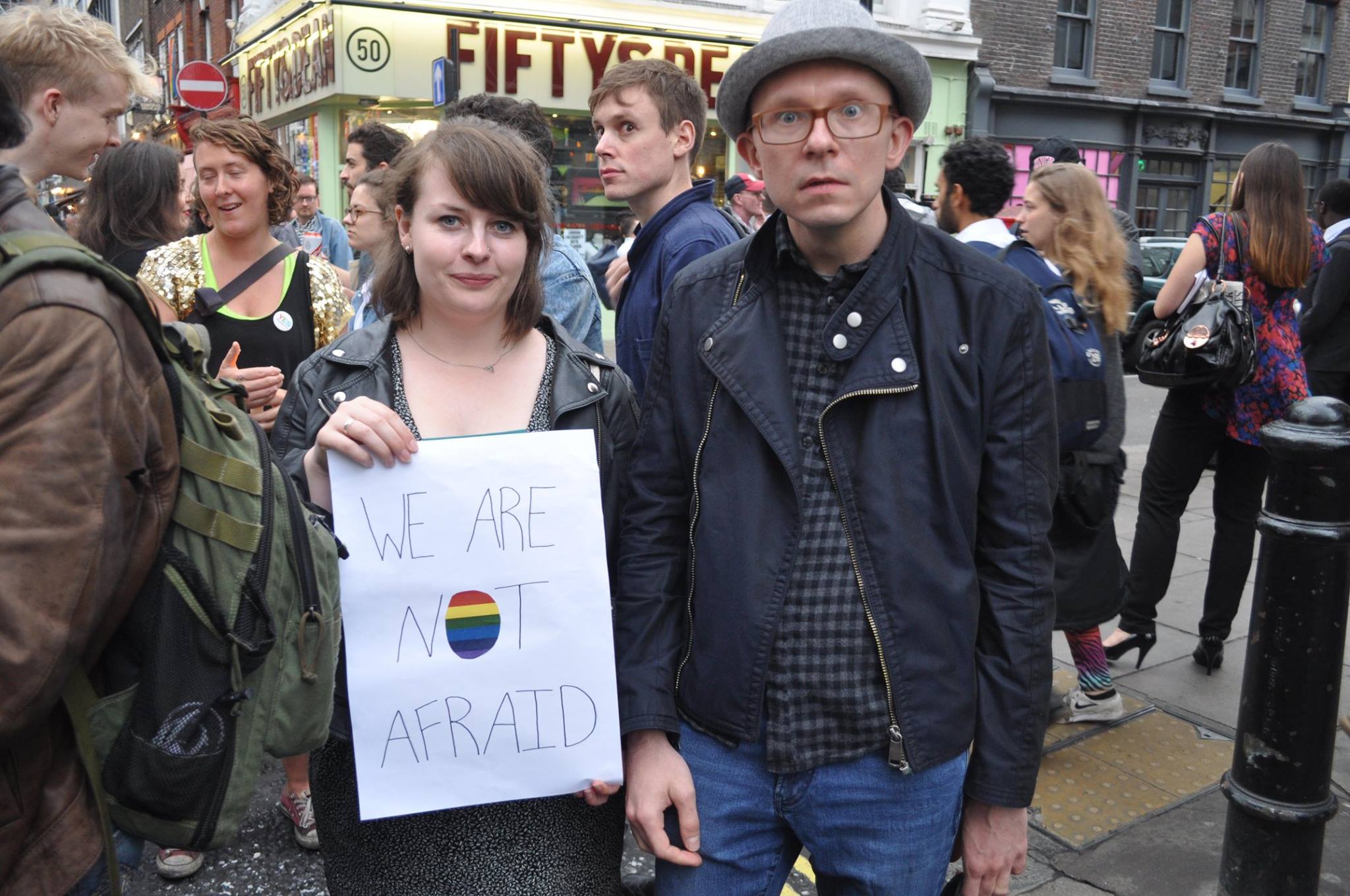Who did this killer hate, and why?
This is a sad truth of our time: As a society, we have developed a series of rituals after mass shootings. One is playing out now. It's called name the enemy.
Since the tragic massacre in Orlando this weekend, at Latin night in the LGBT club Pulse, some of our leaders have been stepping up to podiums and taking to Twitter to say why this carnage occurred. Who did Omar Mateen hate, and why? Naming the enemy is a necessary process. It allows us to post extra police details at certain New York clubs and neighborhoods, as the New York City Police Department has done. But we must approach this naming with care and be on the lookout for how our leaders use the ritual, because reality is usually more complex than the initial picture.
Brad Hoylman, the only openly gay member of the State Senate, stressed the importance of naming the enemy. For him, it's homophobia. The Senate passed a resolution Tuesday expressing "sincerest, heartfelt condolences to the Orlando community" and gratitude for first responders. The resolution was a simple single sentence.
Yet Hoylman, a Democrat, wouldn't sign it because neither the LGBT community nor Latinos were mentioned. Hoylman called this "a colossal oversight or intentional omission." He noted, "At its core, pride is an affirmation we have the right to exist and live and love openly. It's times like Sunday morning that this fundamental concept is put to the test."
It was a poignant speech, and naming the enemy this way opened the door for the senator to make it. His sentiments won't hurt any in his district, which encompasses Stonewall and the West Village in Manhattan - the seat held for years by gay advocate Tom Duane. Hoylman also took the opportunity to call for an end to injustices, such as state statutes about hate crimes and discrimination that don't specifically protect transgender people.
This advances his own agenda - but was the Orlando assault only about Latin night at an LGBT club? I think not. Leaders risk oversimplifying when they cherry-pick the background of an assailant like Mateen.
Shortly after the shootings, on Monday night, the presidential candidates named their enemies with care, before very much was known about Mateen. Hillary Clinton acknowledged this - but then launched into her definition. She said the shooter was "apparently consumed by rage against LGBT Americans, and by extension, the openness and diversity that defines our American way of life."
Naming the enemy as a hater of diversity allowed Clinton to call for unity and to embrace moderate Muslims as allies against terrorism.
Calling Mateen a lone wolf, a "radicalized" individual, Clinton avoided the need to take direct retaliation against the Islamic State or any one group.
Sen. Bernie Sanders took Clinton's lone-wolf theme further - he has a way of sharpening the point on the Democratic conversation - when he tweeted Tuesday, "We know that one hateful person committed this terrible crime - not an entire people or an entire nation."
Donald Trump, of course, is the prince of enemy-naming. In fact, that's the basis of much of his appeal, what he calls doing away with political correctness. Even as the dust from the Orlando disaster was settling, Trump dared President Barack Obama to say the words radical Islam. Trump's definition of the impulse behind the shootings leads to a fair number of policies that begin with closing our borders and end . . . where?
That's the crucial question we must bear in mind when deciding on the enemy's name.
First published in Newsday. Anne Michaud is the Interactive Opinion Editor for Newsday.
